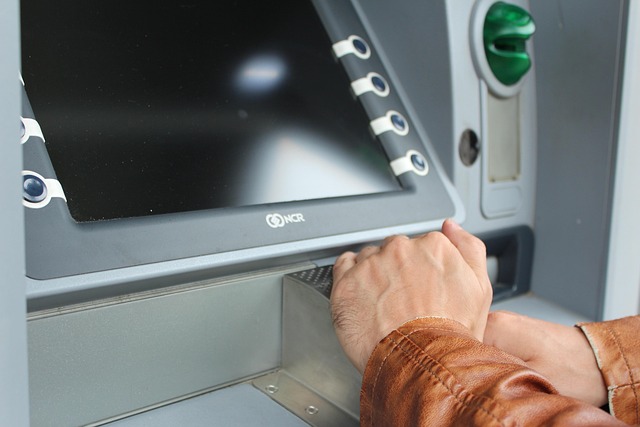Navigating Texas title loan verification process crucial for both lenders and borrowers. Requires documentation like IDs, utility bills, vehicle registration, insurance. Ensures loan accuracy, borrower eligibility through cross-referencing personal details, credit checks, validating vehicle titles, assessing financial health. Mitigates risks in case of default.
Texas title loan verification is a crucial step in securing a loan with your vehicle’s title as collateral. This comprehensive guide breaks down the process into three key stages: understanding state laws, gathering required documents, and verifying loan details and collateral. By following these steps, borrowers can ensure a smooth and legally sound transaction when seeking a Texas title loan.
- Understanding Texas Title Loan Laws
- Gathering Necessary Documentation
- Verifying Loan Details and Collateral
Understanding Texas Title Loan Laws

In Texas, understanding the local laws surrounding title loans is essential before proceeding with any loan agreement. The state has specific regulations in place to protect both lenders and borrowers, ensuring a transparent and fair Texas title loan verification process. These laws dictate how much interest can be charged, set limits on loan terms, and outline the rights of both parties involved. One key aspect is the requirement for a clear and comprehensive disclosure of all terms and conditions, allowing borrowers to make informed decisions.
Additionally, Texas law governs the title transfer process, ensuring that all titles are properly documented and transferred upon repayment or in case of loan refinancing. This includes stringent checks to verify the authenticity of titles and the identity of parties involved, particularly when dealing with Dallas title loans. Adhering to these regulations is crucial for both lenders to avoid legal complications and borrowers to safeguard their rights and assets.
Gathering Necessary Documentation

When embarking on the Texas title loan verification process, gathering the necessary documentation is a crucial step. Borrowers should prepare key documents such as a valid government-issued ID, proof of residency (e.g., utility bills), and the vehicle’s registration and insurance information. These documents play a vital role in verifying your identity and ensuring the accuracy of your application for emergency funding.
The Texas title loan verification process involves checking these documents to confirm ownership and assess the vehicle’s value, which directly impacts the loan amount. A clear understanding of this requirement is essential, especially when considering it as a financial solution during times of need. This step ensures a smooth Title Transfer process and allows lenders to provide suitable terms for your situation.
Verifying Loan Details and Collateral

When undertaking a Texas title loan verification process, one of the critical steps is verifying the loan details and collateral. This involves cross-referencing the borrower’s information with the vehicle ownership records to ensure accuracy. Lenders will check the validity of the vehicle’s title, confirming that it belongs solely to the borrower without any liens or encumbrances that could affect their claim in case of default.
Additionally, the verification process includes a thorough credit check to assess the borrower’s financial health. This step is crucial for determining eligibility and setting interest rates. For instance, Dallas Title Loans often require borrowers to have a minimum level of vehicle ownership and creditworthiness to qualify for loans. Collateral plays a significant role in this process, as lenders use the value of the secured asset (in this case, the vehicle) to gauge risk and extend loan terms accordingly.
The Texas title loan verification process involves a meticulous review of legal documentation, ensuring compliance with state laws. By understanding the regulations and gathering required papers, lenders can accurately verify loan details and assess the value of collateral. This step-by-step breakdown guides professionals through each crucial aspect, facilitating transparent and secure lending practices in Texas.






